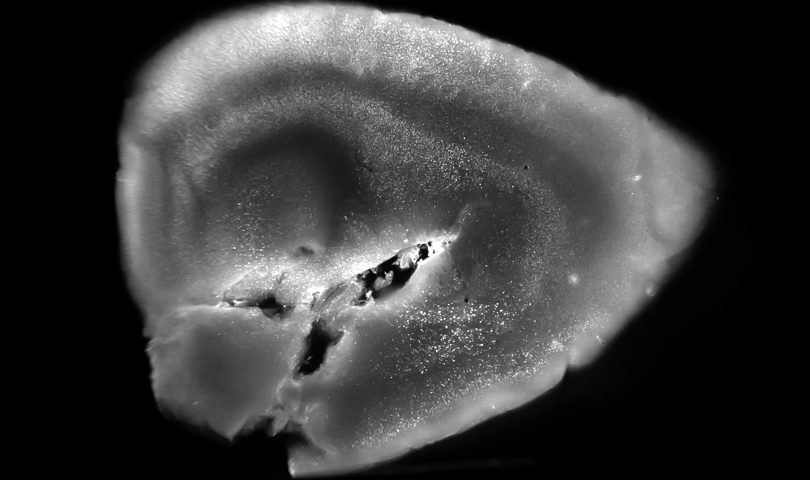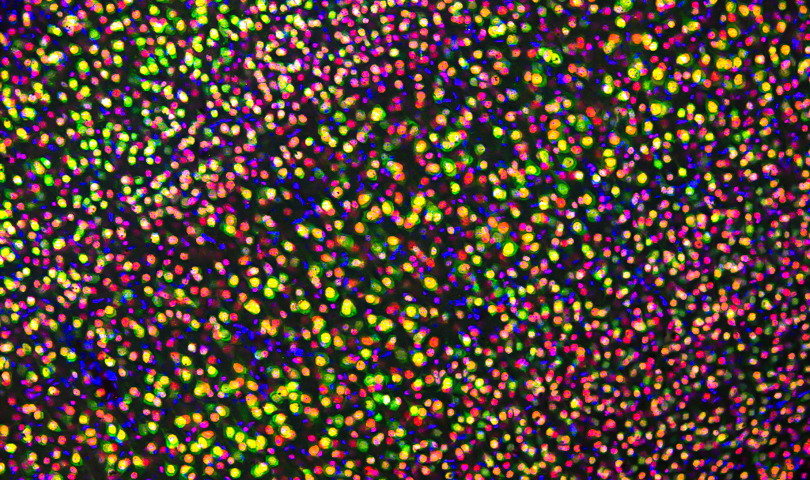##############################################
Standard Site Content
##########################################
Genetic Tools for Neuroscience
##############################################
Mobile Site Content
##########################################
Genetic Tools for Neuroscience
##############################################
Shared Site Content
##########################################
Project Overview
The Feng lab has a history of developing cutting-edge genetic tools for probing synaptic and circuitry function and dysfunction in mice. These include transgenic mice expressing GFP in single neurons in the brain for long-term live imaging; single-neuron labeling with inducible cre-mediated knockout (SLICK) in transgenic mice for combined genetic manipulation and imaging in single neurons in the brain; transgenic mice expressing Channelrhodopsin-2 and Halorhodopsin for cell type-specific manipulation of neural activity and circuit function in living mice; and transgenic mice expressing genetically encoded activity sensors for monitoring neuronal activity in vivo.
Additionally, we are developing new genetic models of neurodevelopmental and psychiatric disorders. Monogenic animal models for psychiatric diseases have enabled researchers to dissect the relationship between certain candidate genes, neural circuit abnormalities, and behavioral phenotypes along development. However, therapies based on previous models for psychiatric have produced limited therapeutic results. We are developing strategies to model how genetic changes lead to perturbations in cognitive and social behaviors.
In addition to utilizing the CRISPR/Cas9 system to create genetic models and circuitry tools, we are also committed to optimizing the technology for better efficiency, fidelity, and precision.





